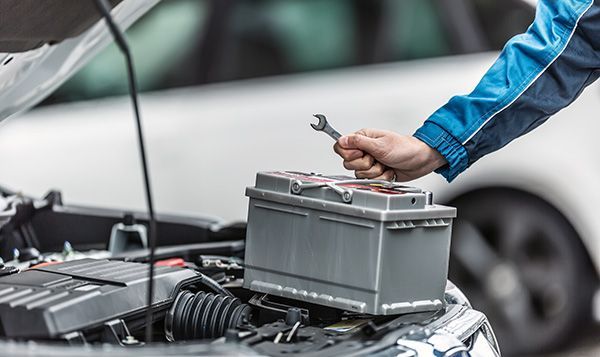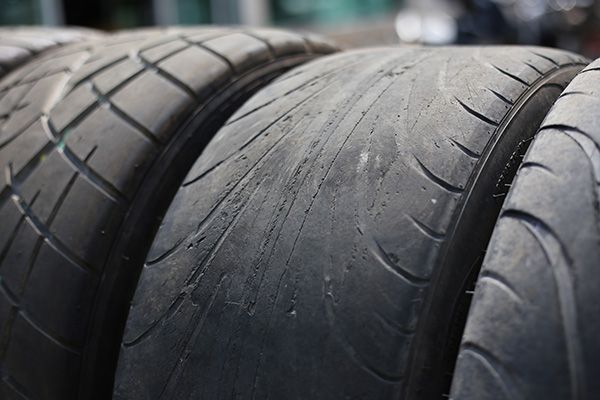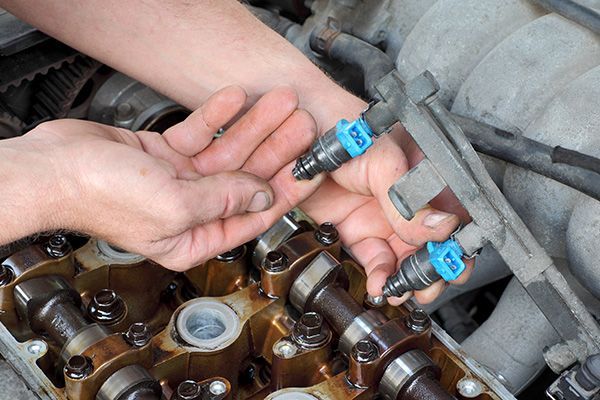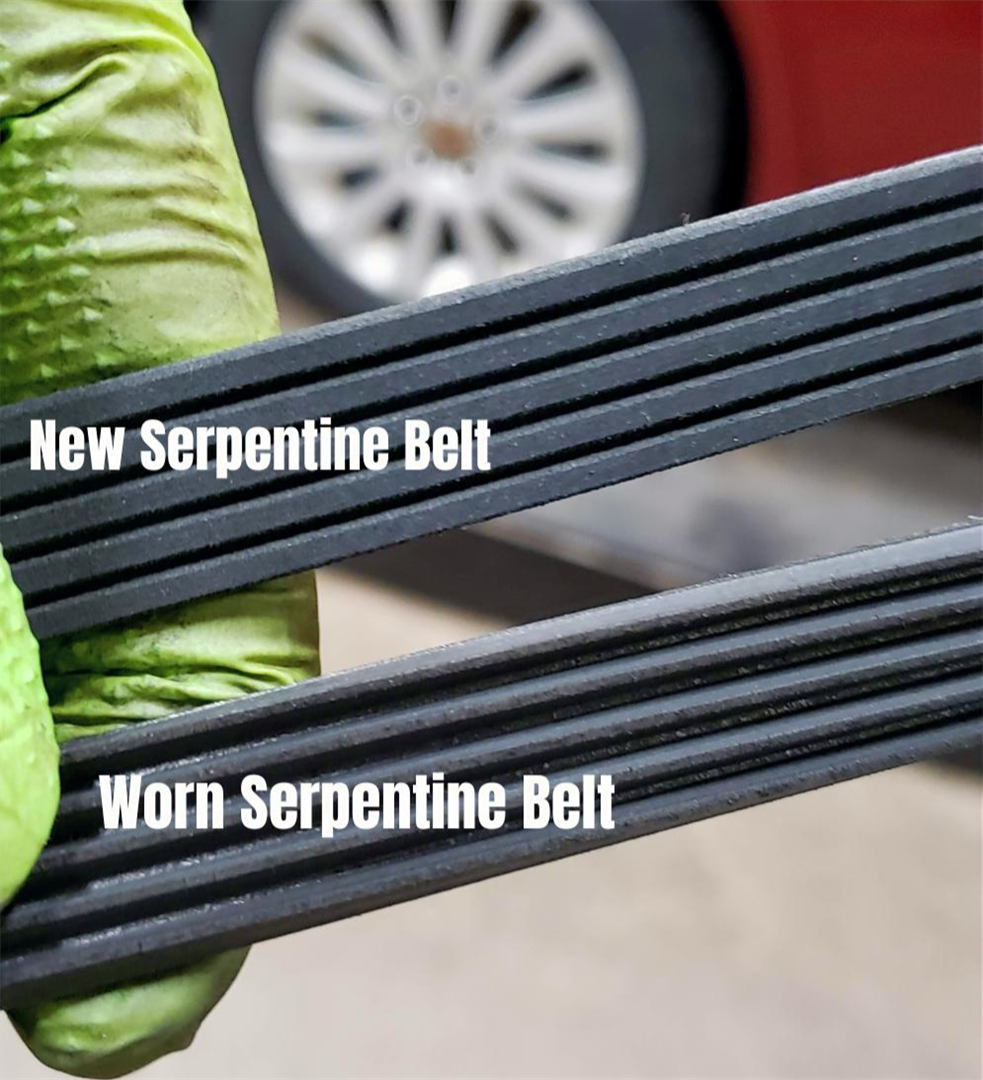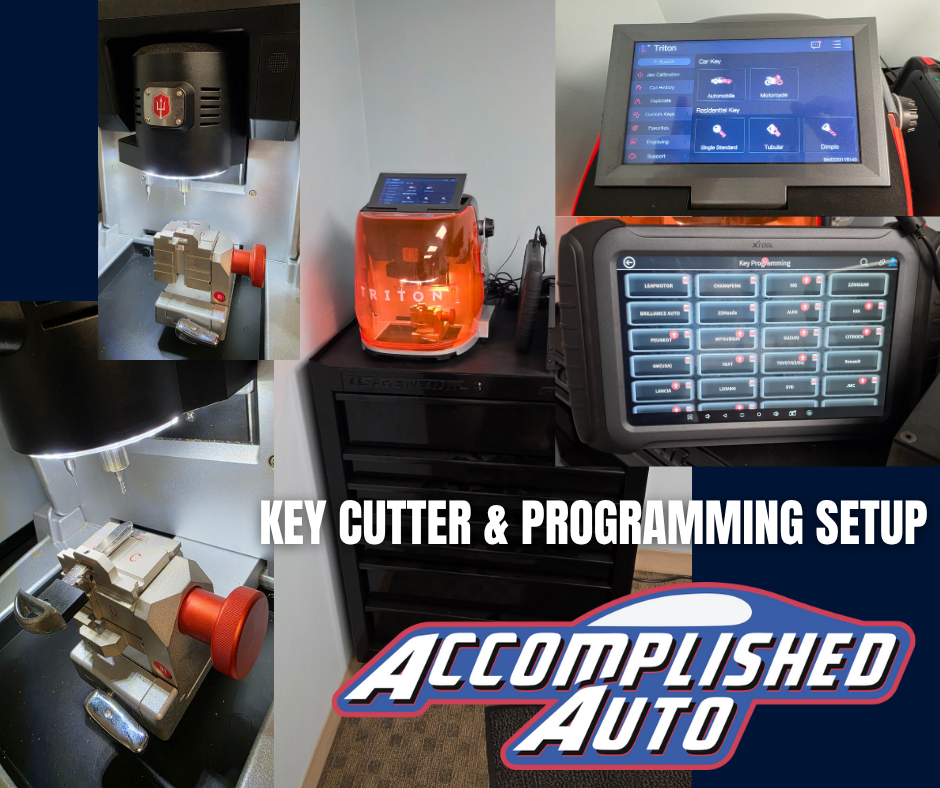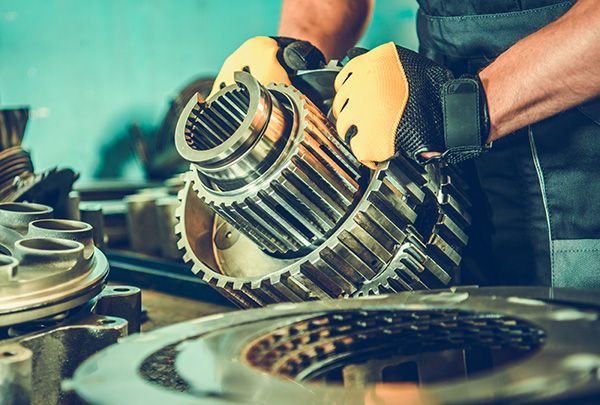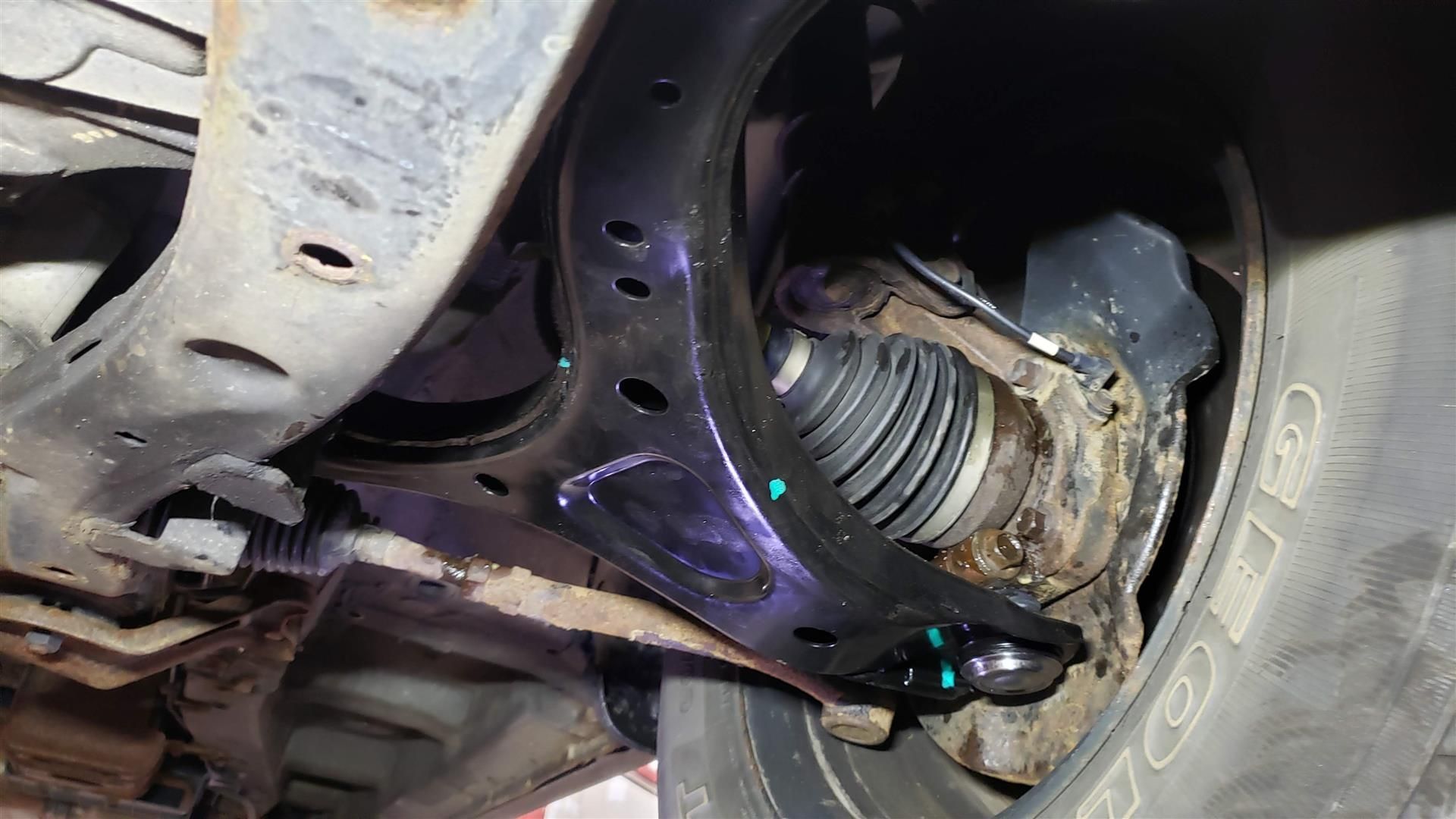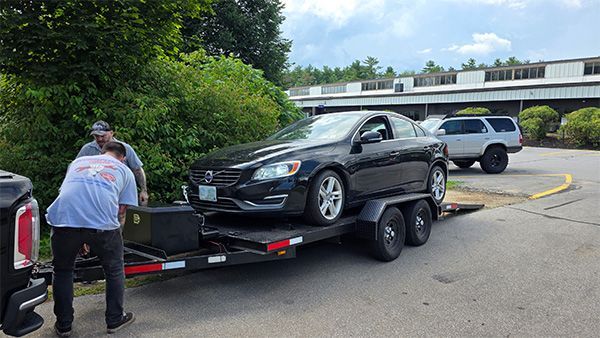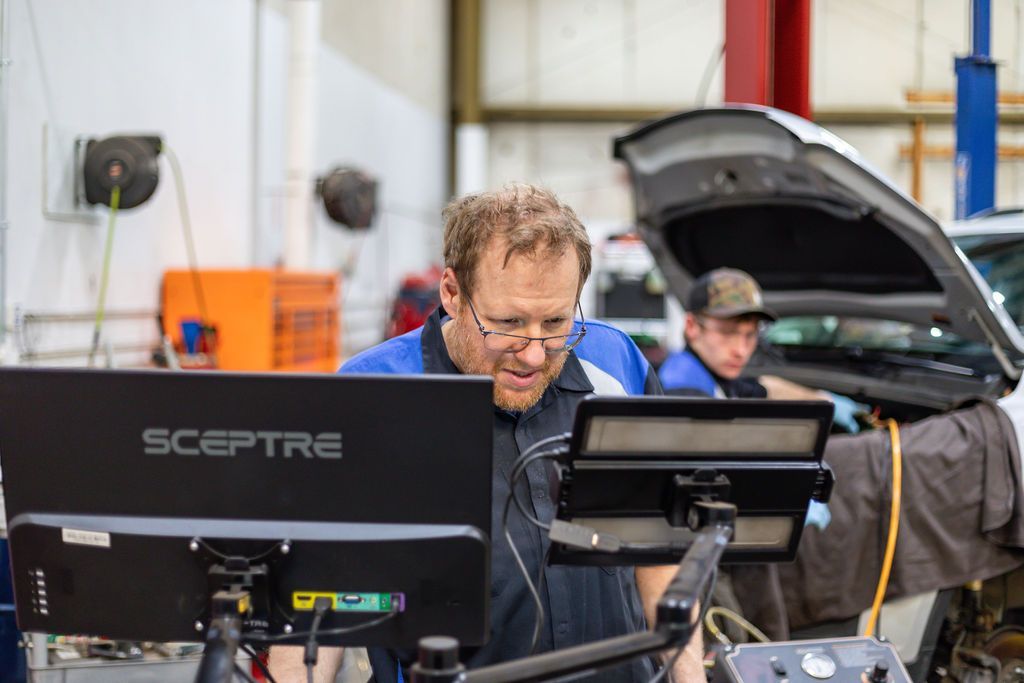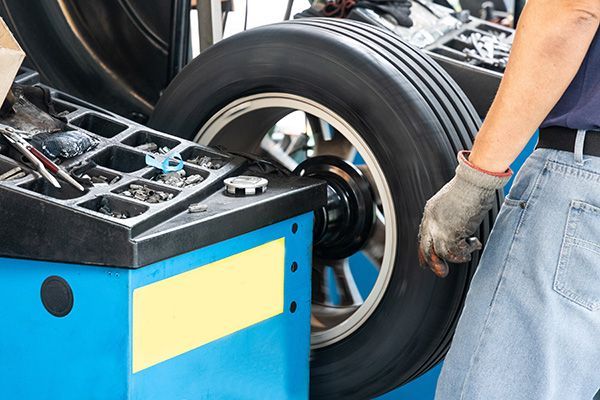
When it comes to vehicle maintenance, tires often don't get the spotlight they deserve. Yet, they are crucial to your car's safety, performance, and fuel efficiency. Understanding and regularly performing basic tire services like rotation, pressure checks, tread depth measurement, and alignment can save you from potential hazards and costly repairs down the road.
What is Tire Rotation
Tire rotation is one of the most straightforward yet vital maintenance tasks you can perform on your vehicle. But why is it so important? Over time, tires wear down at different rates depending on their position on your car. Front tires, for instance, tend to wear out faster than rear ones due to steering and braking forces.
Regular tire rotation involves moving each tire to a different position on the vehicle, ensuring even wear across all tires. This extends the lifespan of your tires and improves your car's handling and safety. Ideally, you should rotate your tires every 5,000 to 8,000 miles, or with every oil change. Maintaining even tread wear enhances traction and reduces the risk of blowouts, giving you peace of mind on the road.
The Importance of Maintaining Proper Tire Pressure
Maintaining the correct tire pressure is crucial for several reasons. Properly inflated tires ensure optimal contact with the road, improving your vehicle's handling, braking, and fuel efficiency. On the other hand, under-inflated tires can cause poor handling, increased tire wear, and reduced fuel economy. Over-inflated tires, meanwhile, can lead to a harsher ride and uneven wear.
Checking your tire pressure at least once a month and before long trips is a good practice. Use a reliable tire pressure gauge to measure the pressure and compare it with the recommended levels listed in your vehicle's owner's manual or the sticker inside the driver's door. Adjust the pressure as necessary to maintain optimal performance and safety. Remember, tire pressure can fluctuate with temperature changes, so regular checks are especially important during seasonal transitions.
Measuring Tread Depth
Tire tread depth is a critical factor in your vehicle's ability to grip the road. As tires wear down, their tread depth decreases, reducing traction and increasing the risk of skidding or hydroplaning, particularly in wet conditions. Ensuring your tires have sufficient tread depth is key to maintaining safe driving conditions.
There are simple ways to measure tread depth. The penny test is a popular method: insert a penny into the tread groove with Lincoln's head facing down. If the top of Lincoln's head is visible, your tread depth is too low, and it's time to replace the tire. For a more precise measurement, use a tread depth gauge, which can provide an accurate reading in millimeters or inches.
It's recommended that tires be replaced when the tread depth reaches 4/32 of an inch, although the legal minimum in many places is 2/32 of an inch. Regularly checking your tread depth can prevent dangerous situations and ensure that your tires provide the necessary traction for safe driving.
The Role of Wheel Alignment in Vehicle Performance
Wheel alignment is another crucial aspect of tire maintenance that is often overlooked. Proper alignment ensures that your vehicle's wheels are set to the optimal angles specified by the manufacturer. Misaligned wheels can cause uneven tire wear, poor handling, and decreased fuel efficiency.
Signs that your vehicle may need an alignment include pulling to one side while driving, uneven tire wear, and a crooked steering wheel when driving straight. If you notice any of these symptoms, it's essential to have your alignment checked and adjusted by a professional. Regular alignment checks can help you avoid premature tire wear and maintain smooth, efficient vehicle operation.
Why Regular Tire Maintenance Matters
Regular tire maintenance is about more than just prolonging the life of your tires; it's about ensuring your safety on the road. Proper tire care improves your vehicle's handling, braking performance, and fuel efficiency. By regularly rotating your tires, maintaining correct tire pressure, checking tread depth, and ensuring proper wheel alignment, you can prevent many common issues and enjoy a smoother, safer driving experience.
Ready to ensure your tires are in top shape? Visit Accomplished Auto for professional tire maintenance services. Schedule your appointment today!

